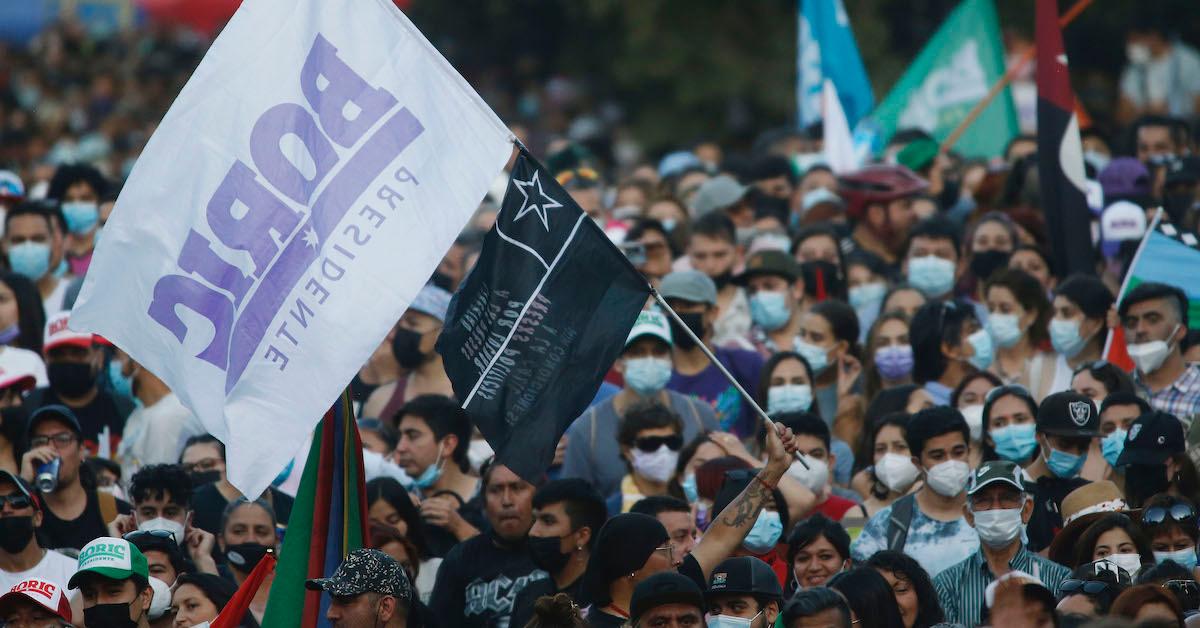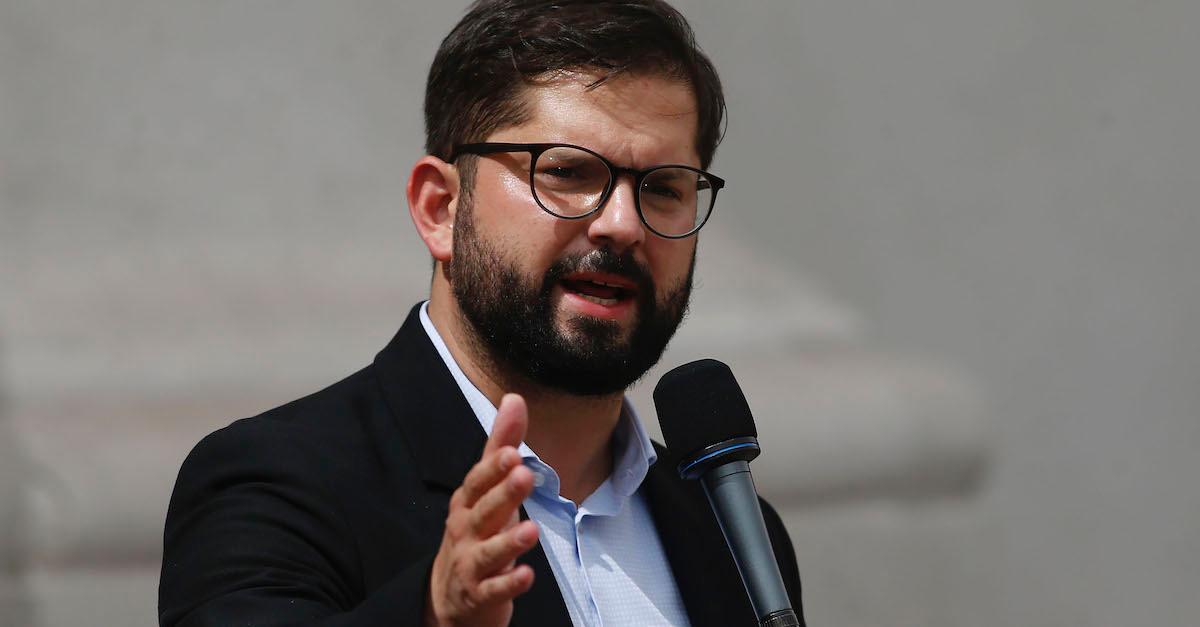Chile’s Constitution Looks to Address Economic Concerns, Sustainably
Published Dec. 29 2021, 11:32 a.m. ET

Chile has endured several decades of intense political unrest. In 1973, dictator Augusto Pinochet seized power, taking down the country's democratic government. Years later, the country still followed Pinochet's economic and social models, which created serious class, gender, sexual, and racial inequality. But after a recent election that resulted in president Gabriel Boric's rise to power, Chile's new constitution will address economic issues with climate change in mind.
"Chile is currently undergoing a process of transformational change that is not only profound but also contradictory," reads an article from the Transnational Institute, which is a nonprofit organization that advocates for a democratic and sustainable government. "The explosion of social unrest was a crisis that forced us as a society to fundamentally question the model under which we have lived for the past thirty years and which has caused widespread discontent in Chilean society."
"Today, that creative process takes shape primarily in the Constitutional Convention and in the fulfillment of its mandate," it continues, "[which is] writing a new national constitution for Chile."
Keep reading for more on Chile's brand new constitution that was written by the country's new president, Gabriel Boric, and how it's going to address economic issues, while keeping climate change at the forefront.

Chile's new constitution looks to address climate change, among other issues.
Not only does Chile's new constitution look to address social and economic problems in a society ravaged by inequality, but it's also going to provide aid amidst a “climate and ecological emergency.” According to the New York Times, the constitution is currently being written by 155 civilians, and will specifically look into using the rich resources in the Atacama Desert. The desert is abundant with lithium, the chemical that powers electric car batteries and other types of batteries.
In addition to helping our planet transition to cleaner energy, mining for lithium could boost the economy. But, officials worry about the eco effects mining will have on Chile, and how the money will be distributed to local communities affected by the mines. They are also concerned about how much water it will use, as the country is already suffering from ongoing droughts.
The constitution will delve into mining, land, environmental, and economic regulations surrounding these issues.
"Indeed the questions facing this Convention aren’t Chile’s alone," Somini Sengupta of the New York Times writes. "The world faces the same reckoning as it confronts climate change and biodiversity loss, amid widening social inequities: Does the search for climate fixes require re-examining humanity’s relationship to nature itself?"

Additionally, Chile's new president has promised to make green investments.
While looking to boost the economy and transition to cleaner means of energy, President Boric made many sustainable promises during the election that we hope to see come to fruition. In terms of environmental policies, Boric expressed a keen desire to create water security funds, adapt to climate change by preparing coastal cities for flooding and erosion, and to invest more in wastewater treatment systems.
Additionally, Boric hopes that Chile will achieve net zero carbon emissions by 2050. He also wants to shut down all coal-fired plans nationwide, expand the rail system, and install more renewable energy.
That said, we look forward to seeing what will come from the constitution that's currently in the works, and for what else is to come from President Boric.